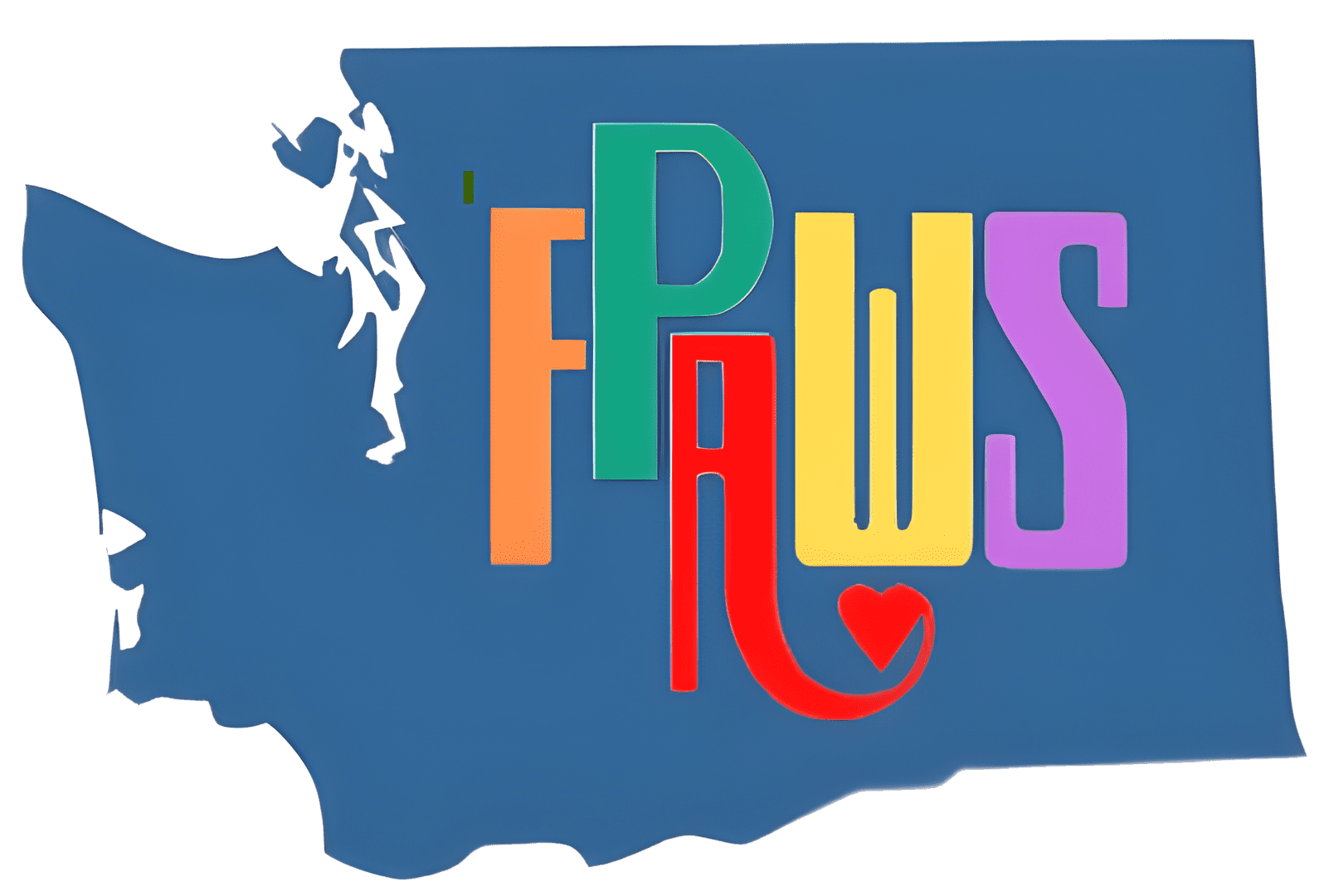An update from Partners For Our Children, on Legislative Week 9:
Bill tracker: https://files.constantcontact.com/21ffd212101/059c3646-4520-445b-923c-6c6fe87b6c81.pdf?rdr=true
Round 2 has begun! Cut-off for bills to get out of the original house was Wed. at 5:00 and hearings on bills from the opposite chamber began in earnest yesterday morning at 8:00 am! From now until March 29th, policy committees will be meeting to hear, and exec bills. It is anticipated the fiscal committees will also be trying to hear bills as they come over from the policy committees.
Some especially relevant bills from the tracker document:
SB 5124 (Senator Trudeau) – Expanding guardianship payment eligibility.
This establishes a state guardianship assistance program and changes the language so that any caregiver who is licensed and meets other criteria is eligible for the guardianship subsidy. Additionally, the bill expands who DCYF can place children with when parents voluntarily give custody to DCYF to suitable others. It clarifies this is preferred over licensed foster care. Lastly this bill expands guardianship subsidies can be given to guardians who are appointed by tribal courts.
SB 5256 (Sen. Saldana) – Making permanent and expanding the child welfare housing assistance pilot program.
This bill builds upon the existing child welfare housing assistance pilot in Lewis County, making it statewide and permanent. Eligible families include families where
appropriate housing is a remaining barrier to reunification, and families where housing instability is a barrier to the child remaining in the home. (Program details)
SB 5702 (HB 1693) (Sen. Trudeau) – Making permanent and expanding the homeless and foster youth college assistance pilot program.
Making permanent the “assistance and accommodations for students experiencing homelessness and foster youth” pilot program and expanding so any college, tribal college or four-year college can join. This includes providing subsidized meal plans and housing for eligible youth at college. (About the program)
HB 1188 (Rep Senn) – Expanding Medicaid waiver services to children in foster care
Expands the Medicaid waiver to those who are subject to a dependency proceeding, are receiving extended foster care services, and those who have stopped extended foster care services. Home and Community Based Services Medicaid waivers (waiver services) are designed to allow clients who live in community settings to receive optional services at the same level as they would receive in an institutional setting. Under current DDA rules, children in foster care are not eligible for these services.
HB 1204 (Rep Callan) – Making permanent and expanding the Family Connections pilot program.
This bill makes the Family Connections Program, started as a pilot in 2020 and due to end in June 2023, a permanent program. The Family Connections Program is run by Amara (currently in 8 counties) and facilitates interaction between a parent of a child who is dependent and in out-of-home care and the person with whom
the child is placed. (This does not have to be in-person interaction). (Program details)
HB 1405 (Rep Alvarado) – Preserving social security payments for children in foster care
This bill addresses the concern of DCYF using kids’ SSI benefits to offset the cost of them being in foster care. Instead; that money would be saved for the future use of the child. DCYF would stop taking payments on 1/1/2026. The bill also requires DCYF to develop and implement a financial literacy program for dependent children who are 16 and older. (From the news: https://www.themarshallproject.org/2021/05/17/these-states-take-money-meant-for-foster-children)
HB 1580 (Rep Callan) – Creating a system to support children in crisis.
This bill would implement a “Children and Youth Multisystem Care Coordinator” to work with children that are connected to several systems and in crisis. This would be in partnership with DSHS, DCYF, OFM, and HCA. This is to address children that are in hospitals for crises that are not related to medical needs. Should the child meet certain standards, DCYF may also be able to offer the family a Voluntary Placement Agreement and work with this Multisystem Care Coordinator on identifying services for this child and their family. (From the news: https://centerforhealthjournalism.org/2022/10/07/washington-state-youth-facing-mental-health-crises-are-getting-stuck-living-hospitals)

